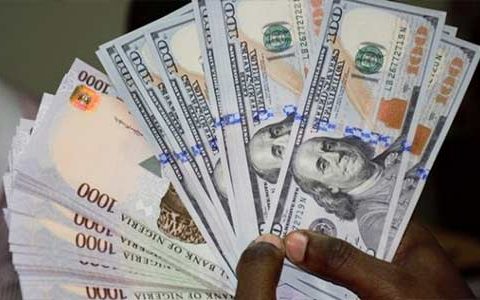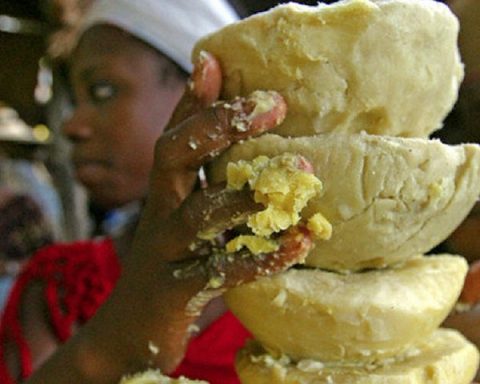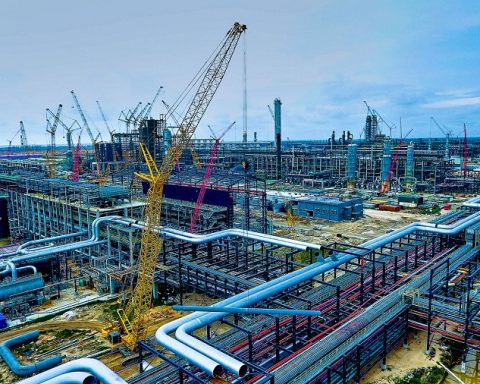Analysts have projected that with the naira continuing its gains, Nigeria’s foreign exchange (FX) reserves would reach $41 billion by the end of the year, slightly more than what was recorded in 2024.
CardinalStone, a Lagos-based research and investment firm, made this prediction in its Mid-year Outlook for Nigeria, released Monday, 7 July.
Join our WhatsApp ChannelThe firm based its projection of the increase in the FX reserves on plans by the federal government to raise a total of $3.2 billion in the second half of the year to meet some of its fiscal priorities. This forecast is also expected to be supported by likely inflows from portfolio investors.
“These proposed external borrowings, alongside other anticipated inflows, will likely boost the FX reserves to $41.00 billion by year-end, compared to $37.27 billion as of H1’25,” the report stated.
While noting that a larger external reserve is encouraging for the naira, the research firm predicts that the local currency will maintain the N1,550.00 — N1,635.00/$ bandwidth till the end of 2025.
Over $3.5 billion has been withdrawn from Nigeria’s foreign exchange reserves so far this year as the central bank paid off about $2 billion in external borrowings while routinely selling dollars to the market to maintain liquidity and naira stability in the face of international tensions.
The report stated that external shocks, including the Middle East conflict and the broad tariffs imposed by US President Donald Trump, have caused $22.83 billion in foreign exchange outflows as some investors have moved their money to gold and U.S. Treasuries.
Due to perceived market distortions, the apex bank sold $4.72 billion in total, implementing a “discretionary FX framework.”
According to CardinalStone, despite underlying macro weaknesses, the CBN’s average monthly foreign exchange intervention was $786.58 million, which was significantly less than the $2.30 billion pre-COVID and $1.38 billion post-COVID levels that were previously used to defend the Naira at unsustainable levels.
GDP To Grow at Its Fastest Pace Since 2014
CardinalStone analysts also predicted that Nigeria’s GDP would expand at its fastest rate since 2014 in the second half of 2025, driven primarily by a resurgence in the oil and gas industry.
The report predicts that a revived oil and gas industry, bolstered by the Dangote Refinery’s full-scale operations, will propel GDP growth.
Inflation
The analysts emphasized how inflation would shape this outlook, noting that Sustained moderation of inflation to about 20.0 per cent from an average of 33.0 per cent in 2024 is expected to reflect real growth.
They also stressed that by lowering corporate cost burdens and relieving pressure on consumer spending, a more stable exchange rate environment would further boost growth
The monetary authorities had aggressively raised benchmark interest rates by 875 basis points to 27.5 percent in the last one year, and kept it unchanged for two consecutive periods in an effort to curb inflation. The effort is also geared towards attracting foreign investment and raising the value of the naira.
The analysts predict that before the year runs out, there will be 50 to 100 basis points of headroom, which will help business owners who are struggling with high borrowing costs.
Tighter monetary policy, growing external reserves, and better foreign exchange management are all contributing to the recovery of investor confidence, which had declined due to previous currency volatility.














